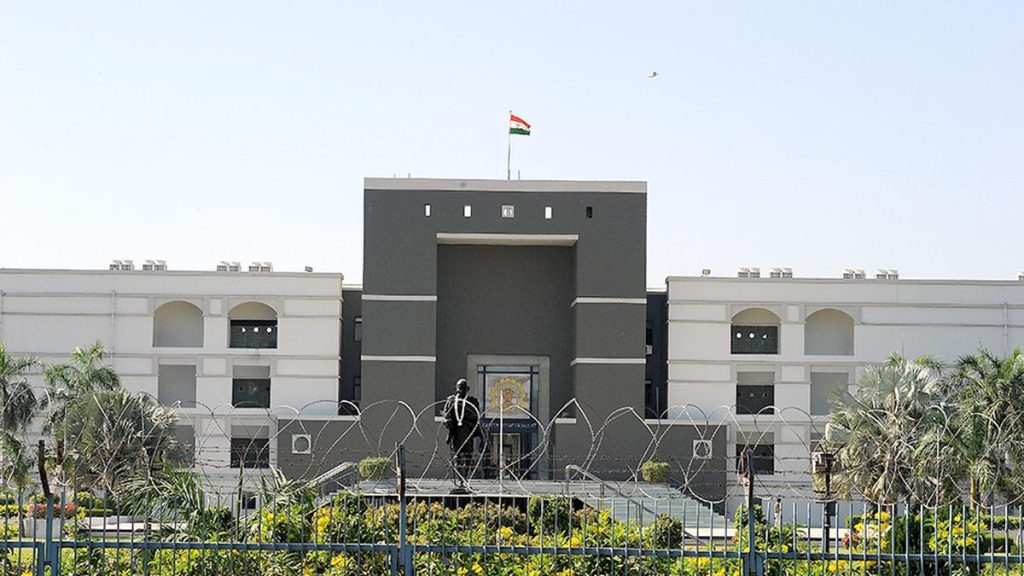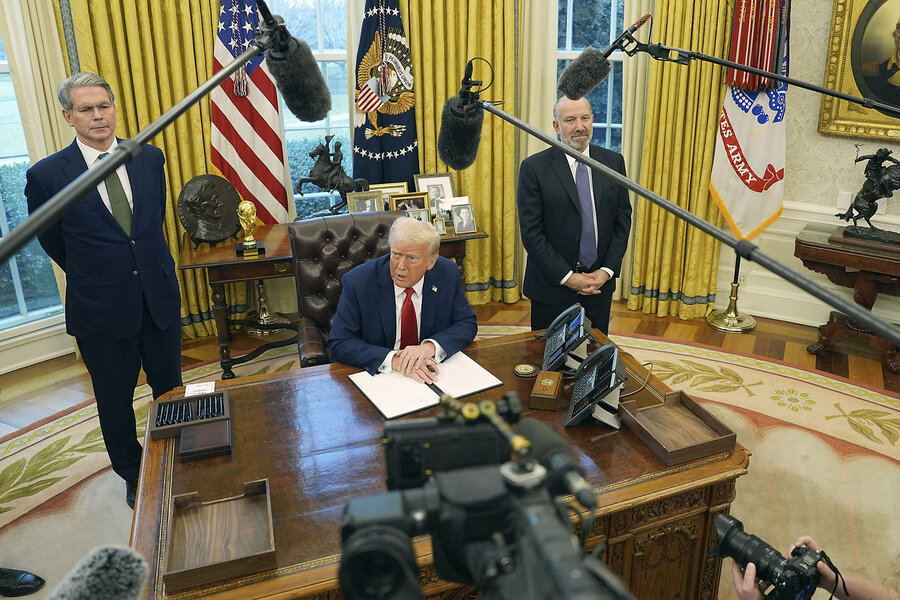Now Reading: George Floyd’s Family Lawyer Calls Justice Journey ‘More Daunting Than Ever
-
01
George Floyd’s Family Lawyer Calls Justice Journey ‘More Daunting Than Ever
George Floyd’s Family Lawyer Calls Justice Journey ‘More Daunting Than Ever
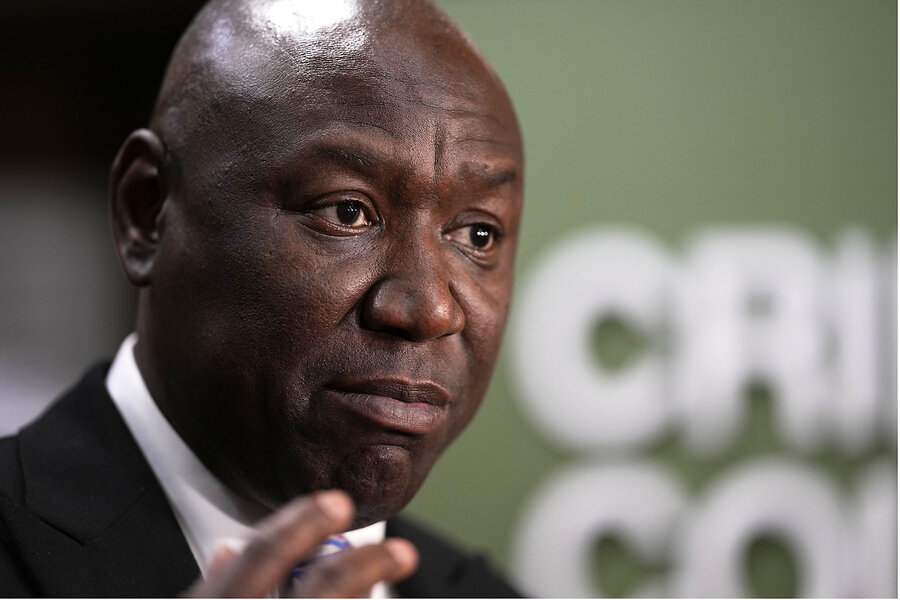
### Quick Summary:
– five years after George FloydS murder, attention to racial justice and police accountability has waned in public discourse.- Civil rights attorney Ben Crump, involved with the George Floyd case, reflects on the challenges of holding police accountable today amid societal backlash regarding racial progress.
– Recent cases include Roger Fortson, Tire Nichols, Patrick Lyoya; several resulted in acquittals or mistrials despite compelling video evidence of police brutality.- Crump believes body cams and smartphone recordings are pivotal but notes justice remains elusive even with visual proof of misconduct.
– The DOJ’s Civil Rights division has shifted focus away from conventional civil rights issues, raising concerns from advocates like Crump about diminished federal intervention in systemic injustices.
– Discussion includes broader societal pushbacks against racial equality movements like Black Lives Matter – which some activists attribute to reactions against meaningful milestones such as electing a Black president – alongside efforts to suppress cultural representation in education and history curricula.
– despite setbacks, Crump remains optimistic about generational progress fueled by diverse support for equality during protests.
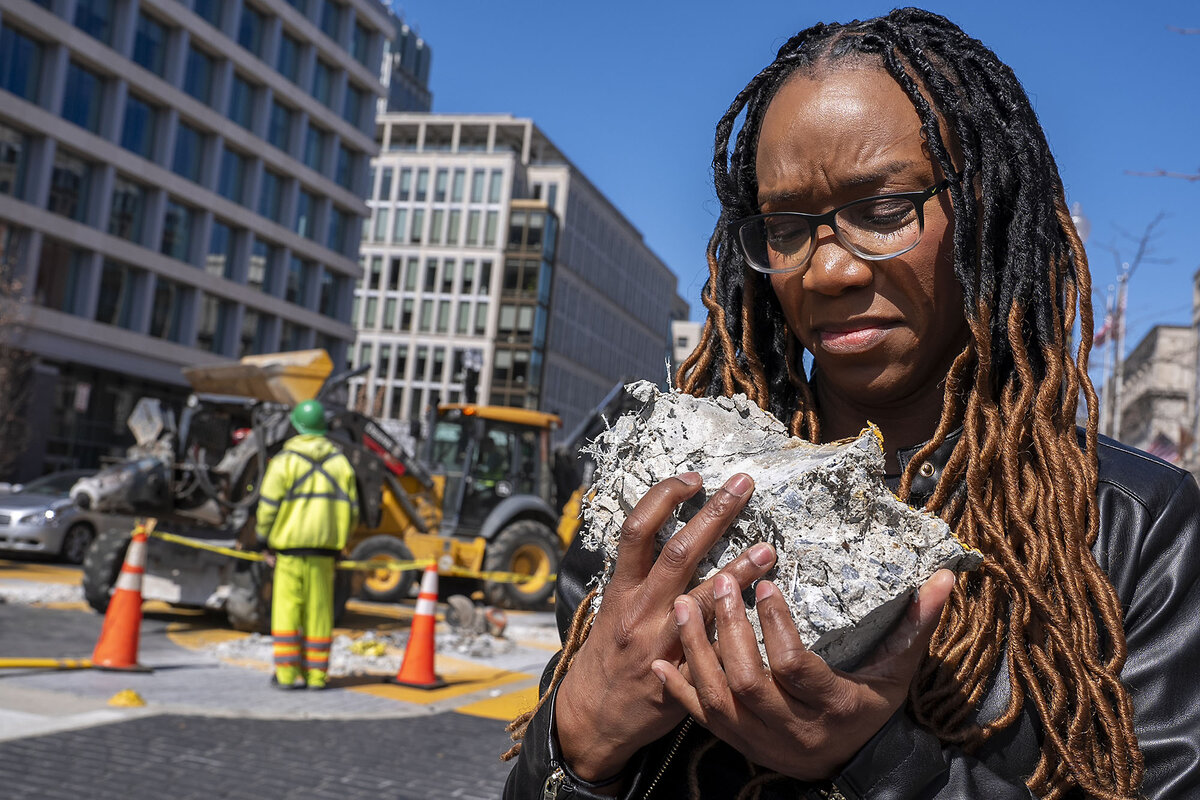
Starlette Thomas holds pavement debris from demolished Black Lives Matter mural.
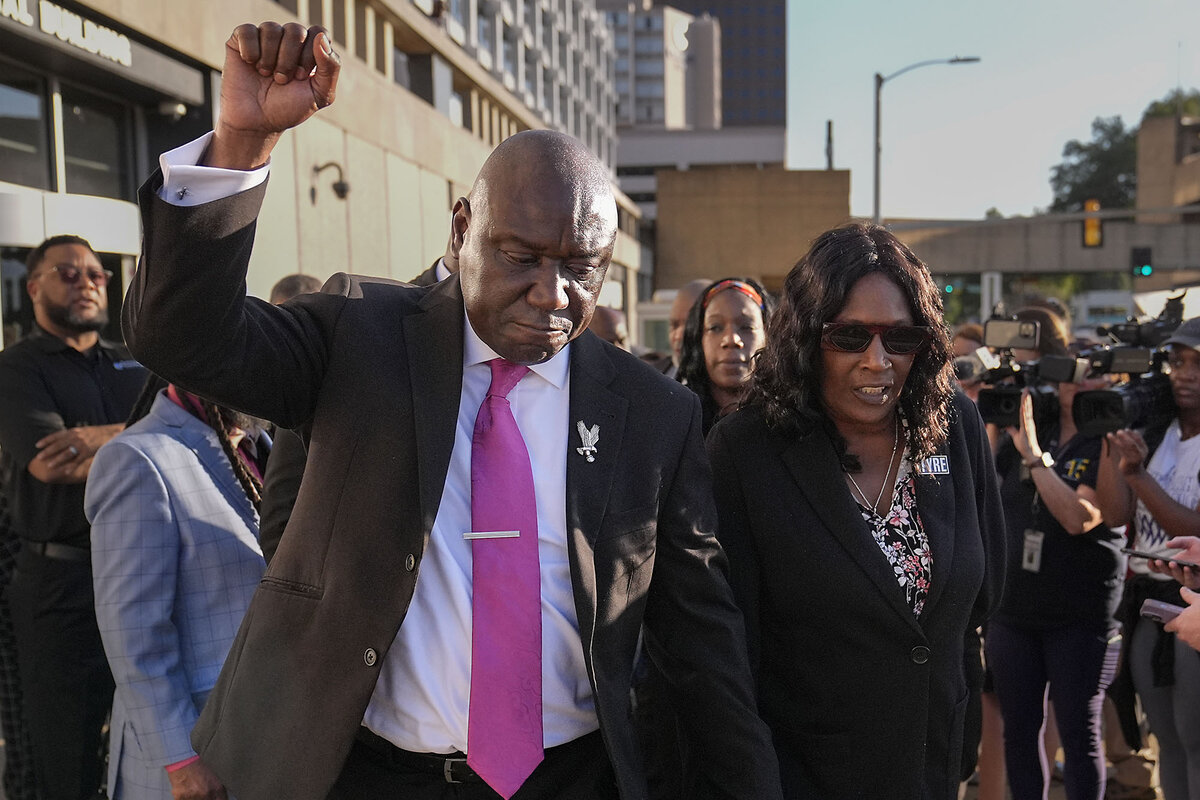
Ben Crump leaving court alongside Tyre Nichols’ mother post-witness tampering convictions.
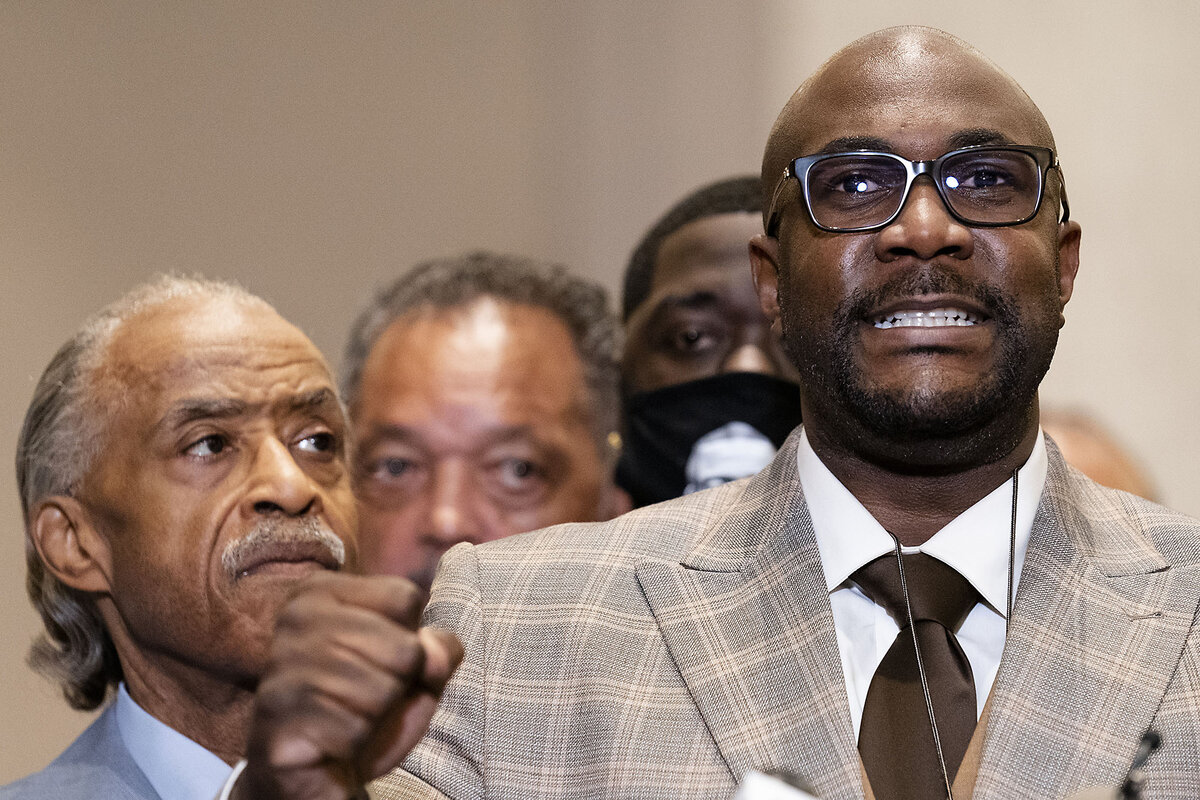
Philonise Floyd speaks following derek Chauvin conviction.
—
### Indian Opinion Analysis:
The reflections shared by Ben Crump highlight critical aspects relevant beyond America. Issues of institutional accountability resonate globally, including India. While body cam technology introduces openness into law enforcement practices everywhere it is adopted-India included-the correlation between technology presence and judicial outcomes raises questions about societal readiness to confront systemic bias clearly exhibited under scrutiny.
India can learn lessons regarding sustaining momentum in social reform movements: whether related to race abroad or caste-based discrimination domestically. Cultural-political backlash experienced post-progress frequently emerges from collective resistance toward restructuring deeply held hierarchies operating subconsciously yet entrenched into governance narratives evolving across democratic frameworks worldwide currently.
Crucially too debates framing whose histories written-including India’s colonial interpretation fragments/content disparities classroom modules assigned rural students under NEP reforms transitions observed identify similar curations ongoing US suppressed divisive literature persists divided constituencies restructuring belonging responsibility provide impartial chance coexist uncertain environments ahead preparation inclusion valuing intersectional dialogues potential clearer courses futures diverse productive flourishing societies worth preserving safeguards strengthened equitable collaborations collective wide-ranging agreement educational justice resides shared basic linear principle honesty matured cooperatively-years implement ample effective…(read more)


